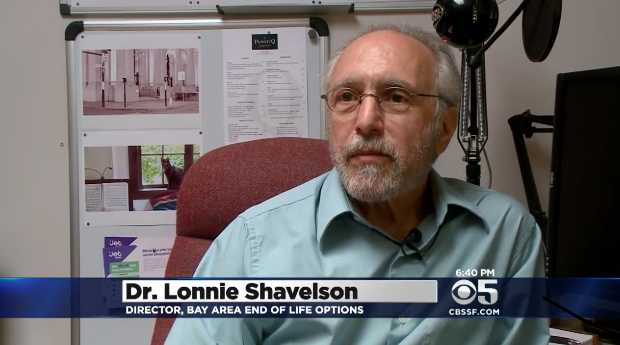
BERKELEY, Calif. — A physician in California has opened the first assisted suicide clinic in the state since the practice is now legal.
As previously reported, last October, Democratic Gov. Jerry Brown signed a bill into law that allowed terminally ill residents to seek help to end their lives.
“I have carefully read the thoughtful opposition materials presented by a number of doctors, religious leaders and those who champion disability rights,” he said in a statement. “I have considered the theological and religious perspectives that any deliberate shortening of one’s life is sinful.”
“In the end, I was left to reflect on what I would want in the face of my own death,” Brown outlined. “I do not know what I would do if I were dying in prolonged and excruciating pain. I am certain, however, that it would be a comfort to be able to consider the options afforded by this bill. And I wouldn’t deny that right to others.”
On Thursday, the End of Life Option Act officially went into effect, and physician Lonny Shavelson, 64, opened his doors for business. He says that he already has had six patients approach him, but sent five back to their primary care doctor.
“I stopped doing medicine,” he told the Mercury News. “I wasn’t sure if I would ever go back into it. Then this happened.”
Shavelson charges $200 for an initial evaluation of the individual’s condition, and $1,800 to follow through with ending the person’s life.
He said that he would like to make himself available to residents whose physicians are not comfortable with doctor-assisted suicide.
“There will be a larger demand from patients who want to consider physician aid-in-dying than there are physicians who will be willing to work with them on it,” Shavelson stated, contending that sometimes “it’s about (the patient) being ‘finished,’ and saying ‘I don’t need the next two weeks of laying here, and my family sitting by my side, and everyone just waiting. I’m done.’ ”
But he advised that he would rather provide less permanent options for patients and not simply sign fatal prescriptions.
“Step one is to make your end of life experience as good as we possibly can, without using the medication,” Shavelson told reporters, advising that he ensures a patient is first receiving palliative care or is in hospice. “A major goal of physicians is to make this (prescription) not happen.”
However, some have expressed concern about Shavelson, and do not believe that he is qualified to determine whether a patient should live or die as his background was in emergency medicine and not terminal diseases.
“Shavelson has been a part time or contract ER doctor for his medical career. He is not a specialist in cancer, ALS, or other terminal conditions,” Wesley Smith wrote in an op-ed piece this past week.
“Would anyone in their right minds go to an ER doctor to treat his cancer, palliate pain or symptoms, or determine a proper medical course for kidney failure? Of course not!” he said. “But that isn’t what death doctoring is about. It’s just the legal ability to write a lethal prescription.”
Become a Christian News Network Supporter...


